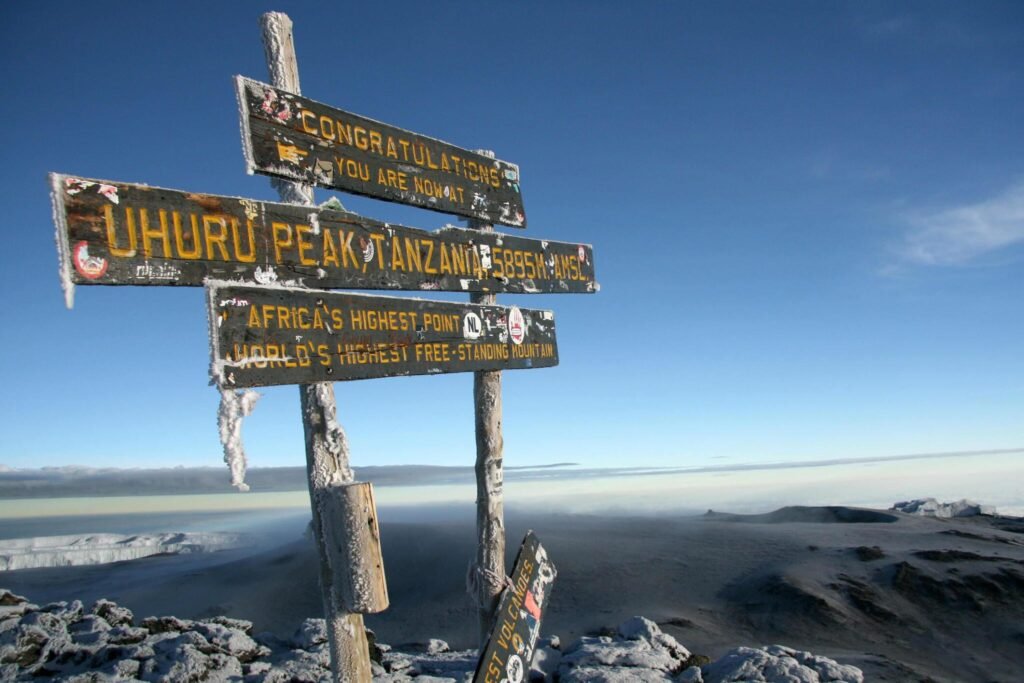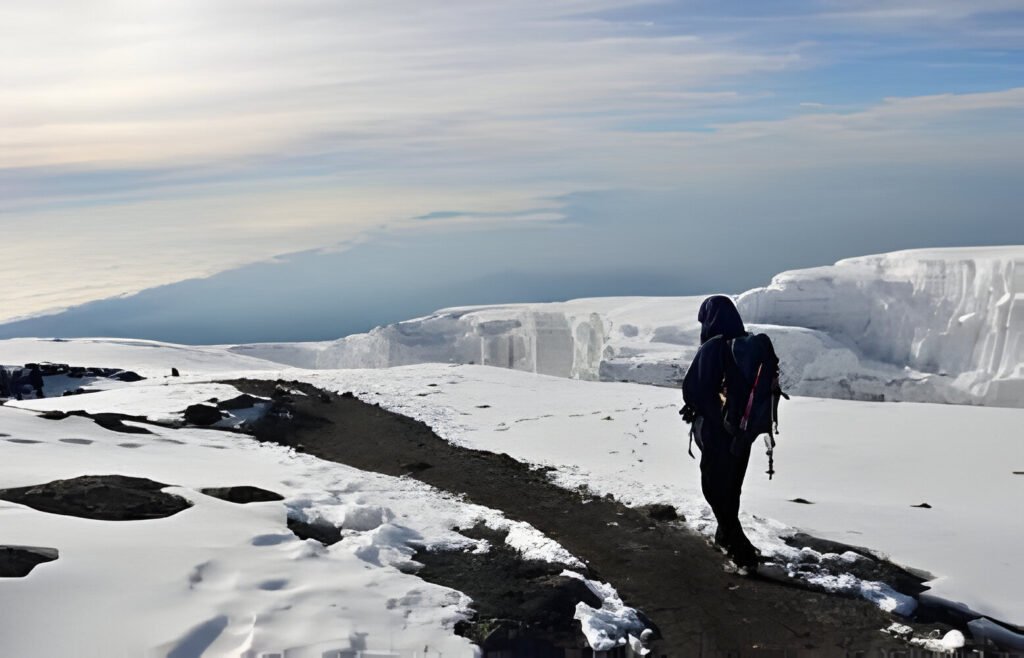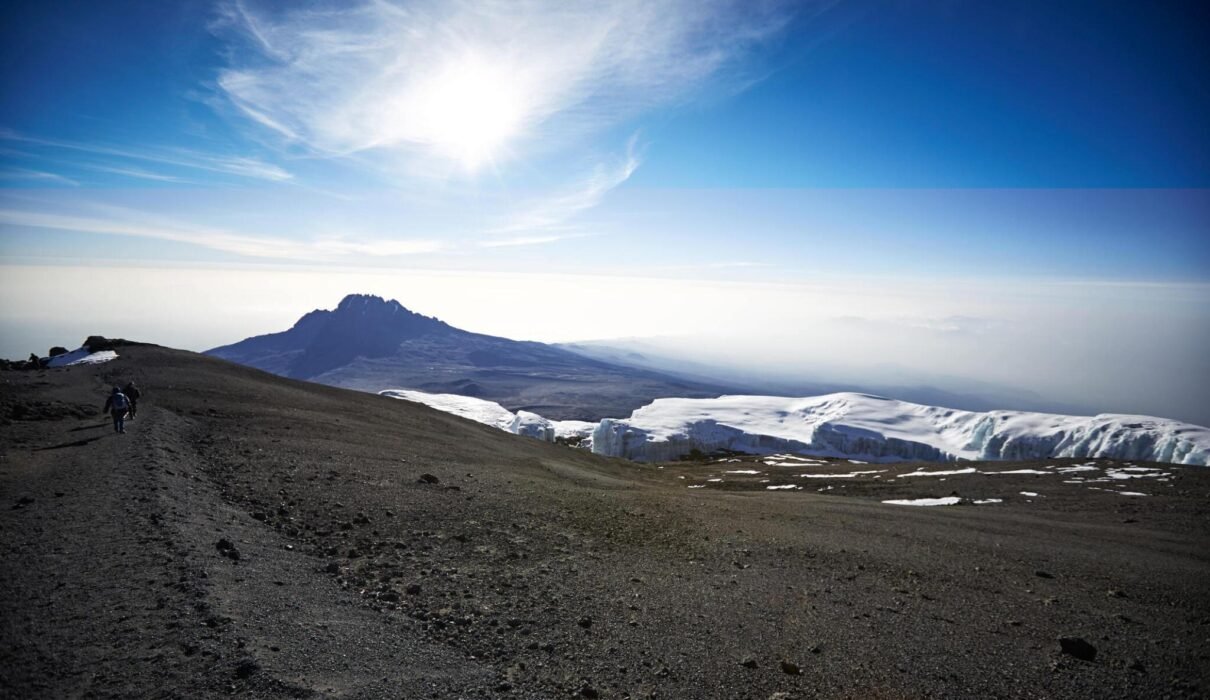Kilimanjaro Tipping : Essential Guide for Climbers 2026/2027. Mount Kilimanjaro, Africa’s highest peak, is a popular destination for adventurous trekkers from around the world. While climbing Kilimanjaro is a rewarding and physically demanding experience, one often overlooked aspect of the journey is tipping. Proper tipping etiquette ensures fair compensation for the hard-working team that supports you along the way, including porters, guides, and cooks.
This detailed guide covers everything you need to know about tipping on Kilimanjaro, from how much to tip, to whom, and why it matters.

Kilimanjaro Tipping : Essential Guide for Climbers 2026/2027 – Understanding Kilimanjaro Tipping Culture
Tipping on Kilimanjaro is not only expected but a crucial part of the local trekking economy. The people who make your journey possible – porters, guides, cooks, and camp staff – rely heavily on tips to supplement their incomes. Many of these individuals come from surrounding villages, and while tour companies do pay them a base wage, it’s often not enough to cover their living expenses.
Why Tipping is Important
Trekking on Kilimanjaro is an intense job, particularly for porters who carry heavy loads and set up camp while navigating the same challenging terrain as climbers. Tipping acknowledges their hard work and ensures fair compensation.
Kilimanjaro Tipping : Essential Guide for Climbers 2026/2027 – How Much to Tip on Kilimanjaro
The tipping amount on Kilimanjaro varies based on several factors, such as the number of days you’re on the mountain, the size of your trekking group, and the number of support staff. On average, trekkers are encouraged to tip the following amounts:
- Lead Guide: $20 to $25 per day
- Assistant Guide: $15 to $20 per day
- Cook: $10 to $15 per day
- Porters: $5 to $10 per day (per porter)
Calculating Total Tipping Amounts
For a typical 7-day Kilimanjaro trek, if you are part of a group of five climbers, you might need to bring around $300 to $500 for tipping. Always carry cash in U.S. dollars, as it’s the preferred currency on the mountain.
Example Calculation: For a 7-day trek with a guide, assistant guide, cook, and five porters:
- Lead Guide: $20/day x 7 = $140
- Assistant Guide: $15/day x 7 = $105
- Cook: $10/day x 7 = $70
- 5 Porters: $7/day x 7 = $245
- Total Tipping Pool: $560 (to be shared among the group)
Who Should You Tip?
A typical Kilimanjaro trekking team includes several key members:
1. Lead Guide
Your lead guide is responsible for ensuring the safety and success of your climb. They make critical decisions about your route, pace, and overall strategy based on weather conditions and how well the group is acclimatizing to the altitude.
2. Assistant Guides
Assistant guides support the lead guide and help monitor the health and well-being of the group. They often take responsibility for individual climbers, offering encouragement and assistance along the trail.
3. Porters
Porters carry the bulk of your gear, including tents, food, and cooking supplies. They also help set up camp each night. Given the physical demands of their job, it’s important to tip porters generously.
4. Cooks
Kilimanjaro cooks are responsible for preparing all meals during your trek. They ensure you are well-nourished and hydrated, critical for your success on the mountain.

Kilimanjaro Tipping : Essential Guide for Climbers 2026/2027 – How to Distribute Tips on Kilimanjaro
The most common way to distribute tips is at the end of your trek during a “tipping ceremony.” This is a celebratory moment where climbers express gratitude for the hard work of the crew. Here’s how to handle tipping:
- Collectively Pool Tips: If you’re trekking in a group, it’s a good idea to pool your tips together and present them as a group. This ensures fairness and avoids confusion.
- Cash in Envelopes: Distribute tips in envelopes, which can be handed to the head guide, who will then allocate them among the team.
- Direct Handing: While some prefer to hand tips directly to each porter, it is often best to allow the guide to distribute them evenly.
Best Practices for Tipping on Kilimanjaro
- Do Your Research: Before your trip, consult with your trekking company to ensure you understand the tipping norms.
- Tip Based on Service: While there are general guidelines, feel free to tip more if you feel the service was exceptional.
- Carry Small Bills: Make sure to carry small bills for tipping, as large denominations may be difficult to break in Tanzania.
Tipping on Kilimanjaro: Myths and Misconceptions
There are several myths surrounding tipping on Kilimanjaro. Let’s address a few common misconceptions:
1. Porters Are Already Paid Well by the Tour Operators
While tour operators pay porters and guides a base wage, it’s often not enough to meet their living expenses. Tips are a vital part of their income.
2. Tipping Is Optional
While technically true, tipping on Kilimanjaro is expected and deeply ingrained in the culture. Not tipping would be considered disrespectful.
3. You Can Tip in Local Currency
It’s best to tip in U.S. dollars. Tanzanian shillings are accepted, but dollars are preferred and easier for porters to exchange.
Kilimanjaro Tipping : Essential Guide for Climbers 2026/2027 : FAQs
1. Do I Need to Tip Every Day? No, tips are usually given at the end of the trek, during a tipping ceremony.
2. What If I’m Not Satisfied with the Service? If you feel the service was subpar, adjust your tip accordingly, but keep in mind the physical demands of the job.
3. Can I Tip More Than the Suggested Amounts? Yes! Feel free to tip more if you believe the crew did an exceptional job.
4. Should I Tip Before the Trek Begins? No, tips should be given at the end of the trek.
5. How Should I Prepare Tips? Bring U.S. dollars in small denominations and place them in envelopes to distribute during the tipping ceremony.
Kilimanjaro Tipping : Essential Guide for Climbers 2026/2027 Useful Resources for Climbing Kilimanjaro
- Kilimanjaro Climb Specialist
- Eddy Tours Safaris
- Best Practices for Kilimanjaro Tipping
- Kilimanjaro National Park
- Complete Climbing Guide
Final Thoughts on Kilimanjaro Tipping
Tipping on Kilimanjaro is an integral part of the climbing experience, ensuring that the hard-working individuals who support your journey are fairly compensated. Being aware of how much to tip and the importance of tipping helps create a positive experience for everyone involved.
Make sure to budget accordingly and understand the local customs so you can tip appropriately, show your appreciation, and complete your Kilimanjaro adventure on a positive note.

